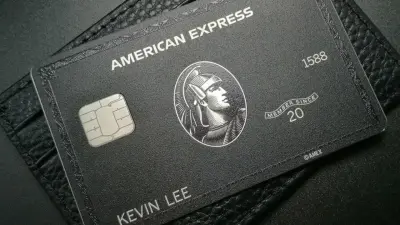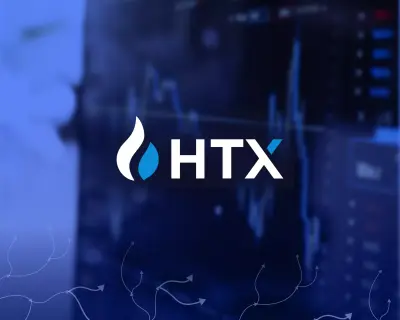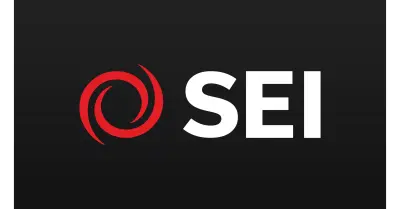A bipartisan group of US senators led by Senate Banking Committee Chair Tim Scott has introduced legislation to modernize the Bank Secrecy Act for the first time since its passage in 1970. The STREAMLINE Act would significantly raise reporting thresholds that financial institutions must follow when detecting and preventing money laundering, terrorist financing, and other financial crimes.
The proposed bill would increase the Currency Transaction Report threshold from $10,000 to $30,000 for cash transactions, while Suspicious Activity Report thresholds would rise from their current $2,000-$5,000 range to $3,000-$10,000. Additionally, the legislation mandates that the Treasury Department adjust these amounts every five years to account for inflation, preventing the thresholds from becoming outdated again.
Senator Pete Ricketts emphasized that after more than five decades of inflation, the current reporting requirements have become obsolete and create unnecessary regulatory burden. The modernization aims to reduce administrative red tape for banks and credit unions while ensuring law enforcement maintains adequate tools for investigating financial crimes. The Bank Secrecy Act requirements also apply to cryptocurrency exchanges like Coinbase and Kraken.
The legislative push comes as Senate Democrats separately engage with crypto industry leaders on broader digital asset market structure legislation. However, progress on financial regulation bills remains stalled due to the ongoing government shutdown, which has continued since October 1 and represents the third-longest closure in US history.
Bank Secrecy Act Enforcement Extends to Cryptocurrency Exchanges
Cryptocurrency exchanges operating in the United States are subject to the same Bank Secrecy Act requirements as traditional financial institutions, including maintaining adequate anti-money laundering programs and filing required reports. Major US-based exchanges like Coinbase and Kraken have established compliance frameworks to meet these federal obligations, which include Currency Transaction Reports and Suspicious Activity Reports when transactions meet specified thresholds.
The consequences for failing to comply with Bank Secrecy Act regulations can be severe, as demonstrated by the recent BitMEX case. The cryptocurrency derivatives exchange faced an additional $100 million fine after a federal judge ruled that its initial $110 million penalty was insufficient given the exchange's violations between 2015 and 2020. BitMEX pleaded guilty to failing to establish and maintain an adequate anti-money laundering program during this period, with prosecutors noting the exchange generated approximately $1.3 billion while violating federal requirements. The exchange's parent company also received a two-year probationary period as part of the settlement.

 Nikolas Sargeant
Nikolas Sargeant







